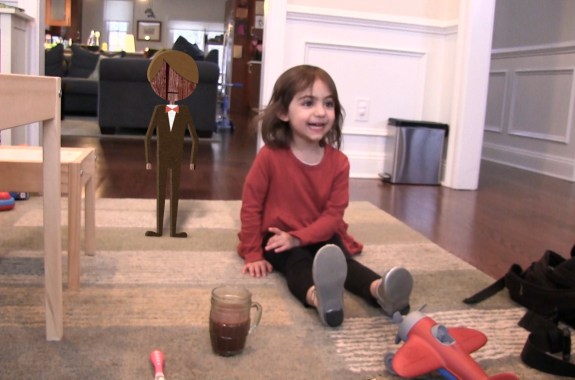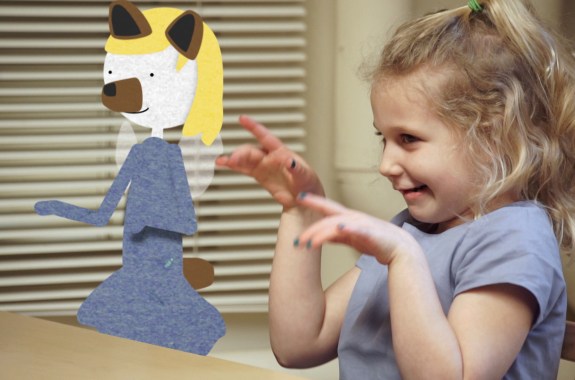8:51
What Imaginary Companions Tell Us About Our Kids
Imaginary companions help kids develop a “theory of mind,” says psychologist Tracy Gleason. And those make-believe friends give parents a window into their child’s world.
11:26
Why Is Vocal Fry Popping Up in Pop Music?
Researchers tested what vocal fry in music conveyed to listeners.
00:12:00
What Science Says About E-Cigarettes
Assessing risk, known and unknown, in the age of vaping.
25:11
Back to the Future of Electronic Newspapers
Will people ever want to get their news on a computer? Science Friday dips into its archives for a look at the past—and future—of electronic newspapers.
5:23
There’s An App For That: Detecting Earthquakes
Researchers developed an app that taps into the accelerometer in a smartphone to detect earthquakes.
17:11
Could Brain Infection Set the Stage for Alzheimer’s?
A provocative new study suggests that infection may spur the buildup of amyloid-beta, and that Alzheimer’s disease could be a toxic side effect.
The Real Guide to Imaginary Companions: Episode 1
Developmental psychologist have pieced together an unexpectedly diverse and nuanced profile of the children who create imaginary companions, while finding out how and why they create them.
The Real Guide to Imaginary Companions: Episode 3
Research by psychologists has revealed that imaginary companions can provide glimpses into the development of critical creative, social, and cognitive skills of children.
The Real Guide To Imaginary Companions: Episode 2
A trip into the lab of developmental psychologist Jacqueline Woolley reveals how children can become so enamored with their pretend friends, that they blur the lines between real and fantasy.
Hr2: Lessons From the History of The Gene, How GPS Found Its Way, Robobees
The history of genetics is fraught with ethical conundrums. Plus, the early struggles of modern navigation, and what we can learn from the quest to build a better tiny, flying robot.







